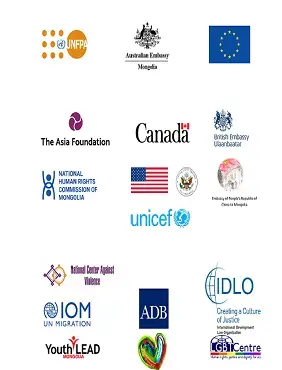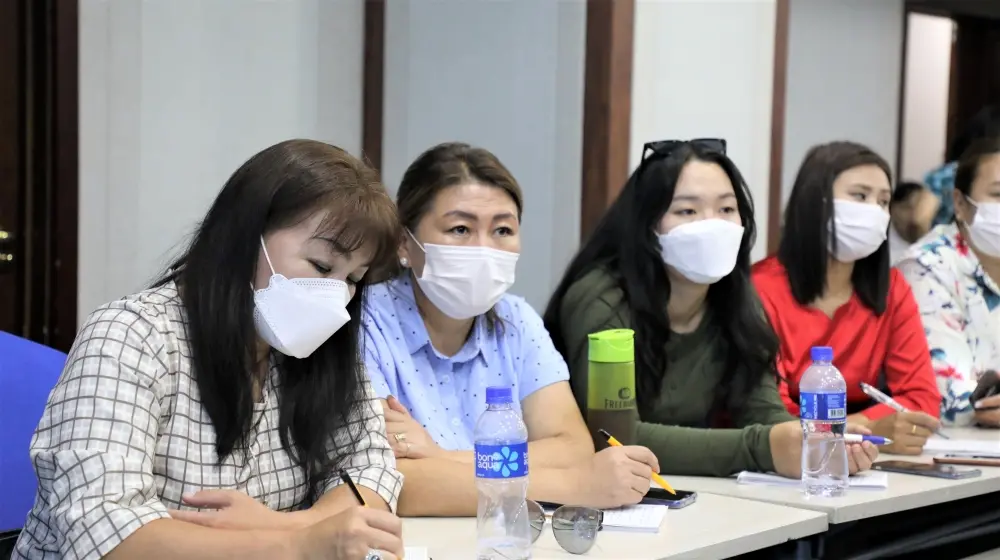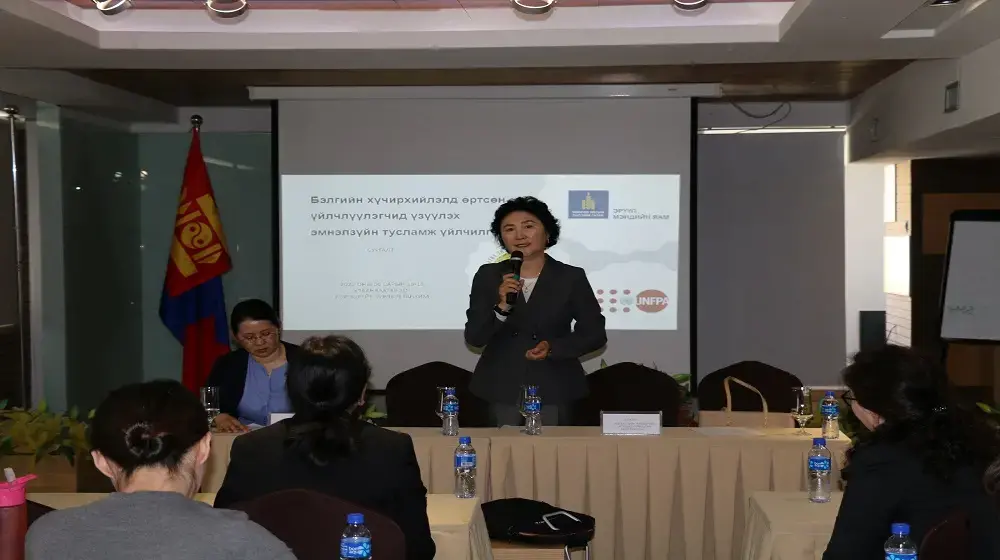In alignment with the 16 Days of Activism against GBV, UNFPA and The Asia Foundation in collaboration with Government of Mongolia, Member of Parliament, Mongolian civil society, diplomatic missions, and development partners promote high-level policy dialogue on addressing the TF GBV. In advance of the session, The Asia Foundation has collaborated with the National Center Against Violence NGO, the National Human Rights Commission and Mongolian civil society organizations, networks, and activists, including, MONFEMNET National Network, LGBT Centre Mongolia, Beautiful Hearts Against Sexual Violence NGO, and Youth Lead NGO, as well as the National Committee on Gender Equality, to review the Global Call to Action to Address Technology-facilitated Gender-based Violence and adapt it to the Mongolian context. The Mongolian Call to Action has now been finalized and socialized with key stakeholders, ensuring a unified commitment to impactful action on TF GBV. Technology-facilitated gender-based violence (TF GBV) is not a new phenomenon.
Yet, efforts to prevent and respond to this human rights violation are relatively recent, with significant gaps in research, policy, and interventions. Unlike other forms of GBV, online abuse is increasingly widespread, complex, and dynamic which allows perpetrators to act with impunity and compromises civic engagement in the digital space. In Mongolia, TFGBV is an urgent and growing issue impacting the safety and well-being of individuals online. Despite being a member of the Freedom Online Coalition, the country’s legal and institutional frameworks currently fall short of effectively protecting citizens from TF GBV. This call to action is built on a recent comprehensive study, identified priority areas to create safer digital spaces, support victims, and strengthen intersectoral collaboration to address this challenge.




